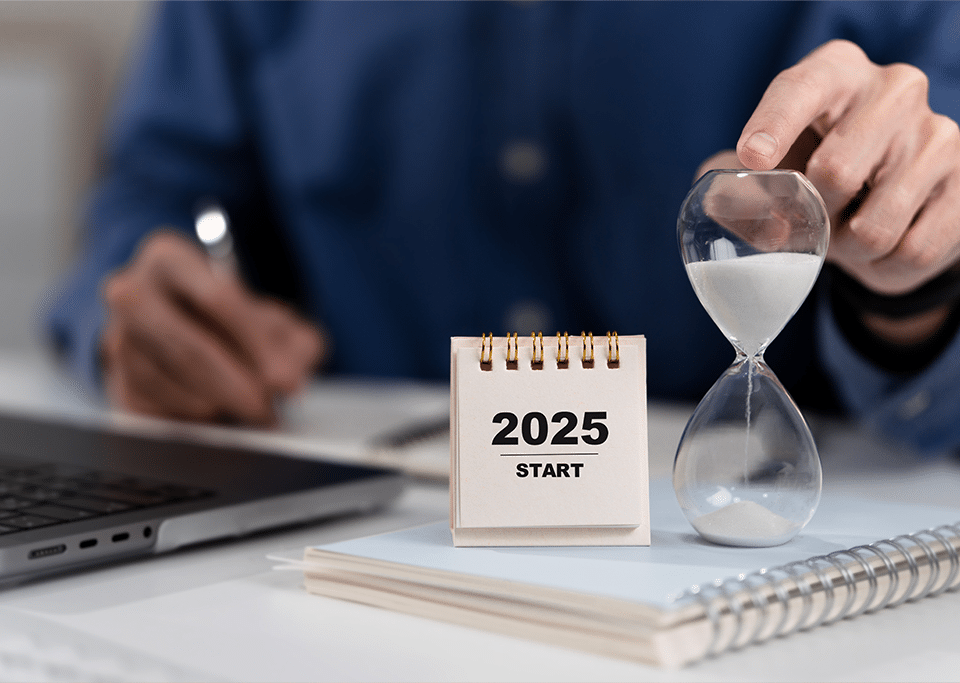
Goals – What are they good for?
March 4, 2024
Demystifying the World of Financial Services
March 4, 2024It’s a myth that financial stress just happens to people who do not earn enough money or have lost their jobs. Financial stress can happen to anyone if their spending is more than their income even if they have jobs in great organisations like the ADF.
Building a budget into your life can help you plan for spending and saving for things that are important to you and prevent stress about money so that you can focus on your job.
In the ADF it’s vital to be fit in every way so that you are prepared, and that includes being financially fit to avoid distraction caused by the stress of financial problems, and able to do your best in your job and live your best life.
A budget is a proactive approach to staying financially fit. It’s about what is coming in as much as about what is going out, and what the balance looks like. It’s your own personal money story.
When thinking about a budget, most people will write down roughly what they think they are earning and spending and that becomes the budget. Often what you think you spend is not accurate.
The best way to start is to write down everything you spend first. Sometimes this is called a ‘spending diary’. It’s no good saying to yourself that you buy one coffee a day when you actually buy 2 since it doubles your spending.
Monitor your spending for at least 2-4 weeks to get a full idea of what you actually spend by:
- having a notebook somewhere and jotting down your spending as you do it
- using your notes page on your phone to write down spending
- keeping receipts and writing them down at the end of a day
- getting a copy of your bank statement and seeing what you have spent using your card.
Don’t change your habits during the time you are keeping this diary, so that you get an accurate picture of what you are actually spending. Sometimes the end result can be a bit challenging. Most of us think we know what we spend, but we often underestimate. So, get started with a spending diary/record.
Your banking app or internet banking site is a great place to get a summary of what you spend. It’s a great way to keep an eye on your financial situation, be prepared, and act to change things when you need to.
Involve your partner or your family. Kids can learn to understand spending and saving concepts from an early age, and it helps them towards financial resilience. If you have a partner, talking with them about your key priorities and listening to them about theirs can avoid overall friction about money. Ask them to do a spending diary too and talk about the things that are important to you as individuals so that you can make concessions for each other and plan your financial future together.
Once you have your spending recorded, and you’re happy that you have recorded things accurately, you’re almost set to start a budget.
Just a little more homework and you’ll be set!
Visit the Budgeting section on our website and access the Centres’ budget calculator. You can use this as a downloaded spreadsheet or live as an online calculator. Use this tool to start to shape your budget and start by entering your income and all your budget spending. Watch out for our next article about the ins and outs of a budget to grow your financial fitness!






